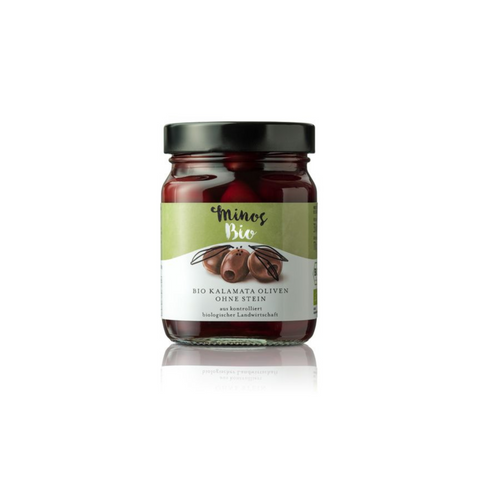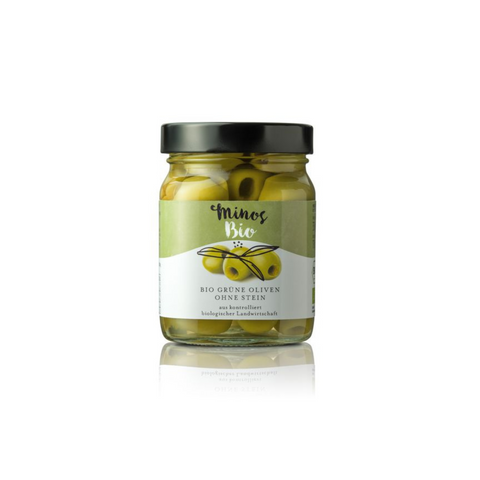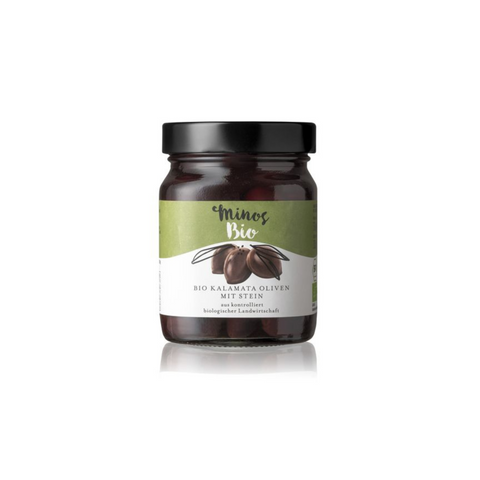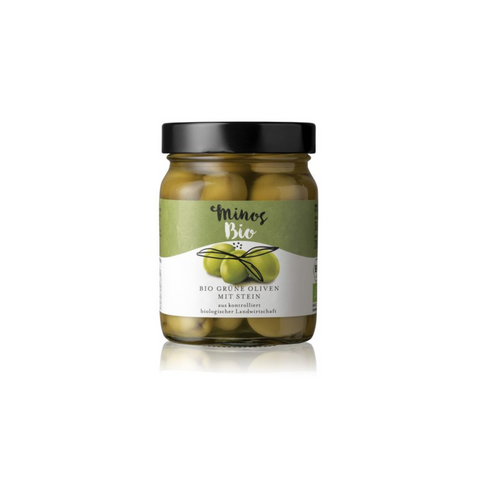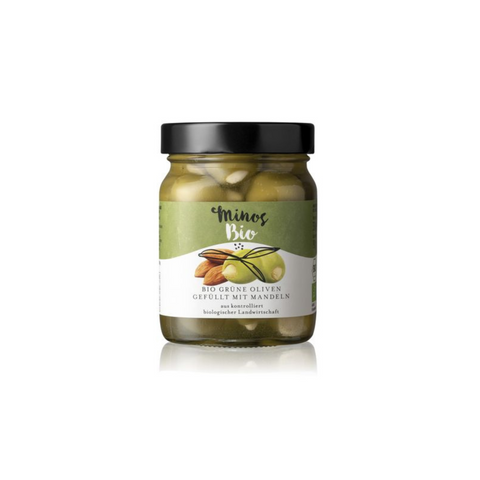The nutritional guide for liquid gold
What makes extra virgin olive oil so healthy? And why is it better than other oils? Let's explore the antioxidants, vitamins and the latest science behind this ancient staple.
What is extra virgin olive oil and is it really that healthy?
The cornerstone of the celebrated Mediterranean diet, extra virgin olive oil is essentially the fresh juice of the olive fruit. By law, it must be produced without heat or chemicals - which sets it apart from all other cooking oils. This is where the magic of the remaining polyphenols comes into play.
What are polyphenols and why are they special?
Polyphenols are organic compounds found in plants that act as antioxidants. Olives have a whole range of these compounds, some of which are particularly powerful and found only in this fruit. The most exciting of these, oleocanthal and hydroxytyrosol, are what cause the tingling or burning sensation in the back of the throat when tasting them. These are the compounds that have powerful positive effects on the body.
It is important to note that only "extra virgin" or "virgin" olive oil contains natural polyphenols, as they are removed during the processing of "regular" or "refined" oil.
Olive oil and its health benefits: 5 questions, 5 answers
Olive oil can do a lot of good for you. But there are also a lot of misunderstandings. It's time to shed some light on the matter and answer your burning questions.
What about heating extra virgin olive oil?
Although heat reduces the overall amount of polyphenols, cooking with extra virgin olive oil is not only a centuries-old practice, but it is backed by science. The high monounsaturated fats are stable and unshakeable, making it more stable than other frying options when heated. Most home cooking occurs at around 200°C, which is within the smoke point of a good extra virgin olive oil.
In short, it's not only OK, but a healthier option. However, if you want to get the most polyphenols, you should pour it fresh over your food rather than using it as a cooking ingredient.
Frequently asked questions (FAQs) about extra virgin olive oil
Discover the health benefits of extra virgin olive oil and incorporate it into your daily diet!Yes! Extra virgin olive oil is like nature's ibuprofen. It's an anti-inflammatory that's packed with antioxidants and is known to fight inflammation. It also supports better gut health, a happy heart, and stable blood sugar levels.
Extra virgin olive oil is associated with reduced mortality risks from cardiovascular diseases, some cancers, neurodegenerative diseases and respiratory diseases.
Polyphenols are incredible antioxidants that are abundant in extra virgin olive oil. Of particular note is oleocanthal, which is linked to a variety of positive effects and is only found in olive oil. However, not all "olive oils" are the same. The more processed the olive oil is, the less polyphenols it contains. That's why we keep everything natural. Always go for "extra virgin" or "virgin" if you're looking for antioxidants in the oil.
We always recommend Mediterranean amounts - that's four to five tablespoons a day. You can pour it over salads, use it in cooking, or drink it straight. Whatever works for you! Note: The more you heat it, the more antioxidants you lose. It's fine for cooking, but keep this in mind if you want to consume it for the health benefits. You'll get the maximum nutrient density if you use it raw or only lightly cooked.
Extra virgin olive oil is a fresh fruit juice. It is extracted from crushed, pressed olives. Unlike other oils, extra virgin is not highly processed - so *no* refining. That means no heat, no solvents, no bleach, no deodorization or extreme pressure - methods used on seed and vegetable oils. This is also how regular "olive oil" is made, which is also refined. Even avocado and coconut oils are not regulated in the same way as extra virgin olive oil
It reduces the amount of pathogenic bacteria, promotes the growth of beneficial bacteria and increases the production of microbially produced short-chain fatty acids (SCFAs), which have a variety of anti-inflammatory effects (source: https://doi.org/10.1093/nutrit/nuaa148).
Our Mission
Our mission is to provide people around the world with high-quality products that are not only healthy, but also delight the palate and respect our environment.










